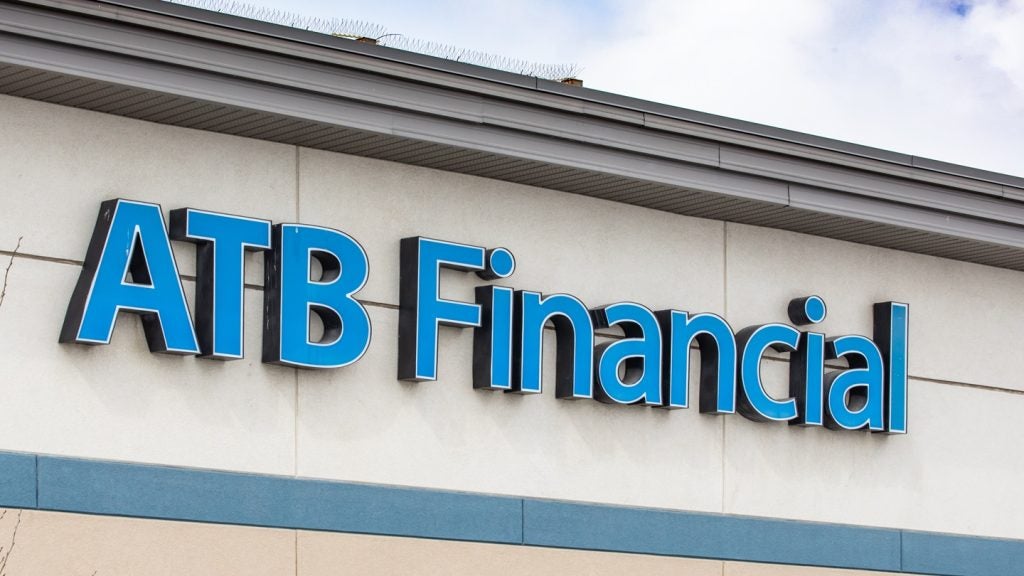The current crisis of trust
affecting wealth managers is forcing businesses to assess how they
operate. As the impacts of the Retail Distribution Review throws
light on how UK clients are charged, several attendees think
external partnerships or network models could be the future mould
for trusted advisers.

John Evans, editor-at-large, PBI: There are two
threats or challenges to the industry – transparency regarding the
offshore proposition and the way that private banks have to up
their game in terms of sophistication, trust and client servicing
being rock solid. What are your thoughts?
Josh Matthews, managing partner, Maseco
Financial: At Citigroup we were under pressure to offer
clients products with high placement fees and were highly
incentivised often to sell products. So when we left [to set up
Maseco] we took a long, hard look, we can go back to another
private bank or we can start with the client- where you sit down,
get to know the client, what is important to them in life, what
their values are and then what solution they need. Everyone is
different.
Alex McBarnet, managing director, United Trust:
I deal with companies that are selling their own products and
trying to take on the advisory role as well. When you are advising
a client and selling a product, what advice are you giving? There
is the increased idea of all-in-one companies that say ‘Do not deal
with 10 different companies, deal with us because we do everything
– we’ll give you the independent advice and we’ll give you all the
solutions’. Where is the independence in this?
Matthews: I know it does not work having been
through this for years. You start to look at the whole banking
model in general and it is next to impossible to be the product
provider and the independent financial adviser. The whole fee-based
idea of compensation is a relatively old concept in the US. The
retail distribution review (RDR) era in the UK, is going to push
forward the idea of fee based advice. If you have not changed, or
you do not know where you fit in, you need to find out pretty
quickly otherwise you will be in an untenable position very
soon.
How well do you really know your competitors?
Access the most comprehensive Company Profiles on the market, powered by GlobalData. Save hours of research. Gain competitive edge.

Thank you!
Your download email will arrive shortly
Not ready to buy yet? Download a free sample
We are confident about the unique quality of our Company Profiles. However, we want you to make the most beneficial decision for your business, so we offer a free sample that you can download by submitting the below form
By GlobalDataDavid Stearn, head of private banking, Fairbairn Private
Bank: In our discretionary investment platforms, we have
0% of our group product on there at the moment. We select the most
appropriate funds from outside the group and as the only incentive
that we receive is our management fee paid by our clients, no
conflicts exist.
 Nick Hammond, branch
Nick Hammond, branch
manager, Hoare & Co: We have found that the
interesting exercise to carry out is to go back and look at the
portfolio new clients have brought you – usually stuffed full of
structured products. In terms of the actual mechanics for
structuring a portfolio for a client, I think managers need to
‘down their game’ – or whatever the reverse of ‘up their game’
is.
I think there is so much over-engineering, which has got to be
cut out because it creates too much opacity. The clients cannot see
or understand what a product is. The person selling the thing
cannot even understand what it is. I think we need to remove some
of that over-engineering and bring it back to basics.
Ian Woodhouse, private banking and wealth management
practice director, PwC: It is going to be interesting to
see under RDR we can start to shift the remuneration towards the
payment for advice, as opposed to payment on assets under
management (AuM). Part of the industry’s problem is that it has
conditioned clients to pay as a percentage of AuM.
McBarnet: One of the things that has been
talked about a lot is putting the client first, who you are working
for and what you are doing. We have talked about where commissions
are made and what is the incentive.
I see a lot of organisations and
individuals who portray themselves as the experts in everything and
it is rare that an individual is that – even rarer that an
organisation is. And so the individual who says ‘Let me look after
you as a one-stop shop’, and the organisation that says the same
thing, is often being quite dishonest.
A large part of my role is simply holding the client’s hand. We
will often then use different companies dealing with different
issues that the client has. Too many organisations say ‘We’ll do
everything’. All too often they might know a lot about some things,
but actually very little about others. They just want to say they
know it all because they fear losing the client.
Matthews: I think a key thing that is starting
to evolve is an external network. One of the things we rely on,
being independent of course, is to help clients connect all the
dots. That is worth a lot to clients who are global in nature.
Multi-family offices for example have a huge opportunity to
become the first point of contact going forward for the very
wealthy. If you do not have a good external network and you’re not
working with other providers, good luck. You are going to struggle
most likely because clients do not stay dumb for that long.
Woodhouse: I agree the industry is moving
towards more network models. I think the way forward is clients
asking their friends who is a good lawyer, accountant or private
bank and relying more on recommendations from people they
trust.
One thing that is a characteristic of a good private bank is
that if you do a good job for the client you get recommended. I
think the network and the referrals is probably how the industry
will differentiate some of these issues in terms of quality.
Nicholas Moody, editor, PBI: How would the
network model benefit clients?
Peter Tarn, partner,
Harneys: You have got clients that are prepared to value
your networks and ability to put them in contact with the right
people. I think that’s the value that we put forward. The problem
is how to price that – it is a matter of fee structure.
You talk about private banking
moving away from a commission based fee structure. In the legal
press everybody always predicts the end of the hourly rate and says
‘Well why should one be paid for taking longer to do something that
is intrinsically against the interests of the client?’
There is certainly a segment of the client base that says ‘No,
that is actually fine.Although I want to pay at the right level; I
do not want to pay a partner 20 hours to do something that a junior
could and should have done. But I am prepared to pay very large
headline rates for somebody I see as a trusted adviser’.
Matthews: Right now we have a relatively easy
job because all you need to do is tell your clients the truth.
Seventy-five% of managers underperform the index and charge a ton
of money to be below average. This [change in charging pushed by
the RDR] happened in the US.
Fifteen years ago it was all
product based, there were no fees and now in the US it is mostly
fee-based for HNW clients. … It is getting to the point where
most wealthy people in the US deal with an adviser and they pay a
fee.
Clients went through a do-it-yourself phase in the late 1990s
and they blew themselves up. Going alone and trading did not work
and they have grown into more mature investors who know their
limitations and value advice. A number of old school brokers left
the industry in the US. We are going to see that, not only because
of RDR, but because they do not really understand what the future
of this business holds.
Hammond: Is the conflict here that if we make
things too simple and demystify the idea that there is an inherent
distrust on the part of investors, clients will not want to go near
advisers any more? If we are going towards an environment of lower
returns, these level of fees are going to rip into whatever returns
are available.
Evans: I hear that the States’ single family offices are
under huge pressures to conglomerate into MFOs because staying up
with the game with just one family is too expensive. Do you see
them taking more market share?
McBarnet: I think so. It goes back to that
concept of trust and the client having someone to hold their hand
who isn’t also selling them the product. I think that’s where the
family office comes in. I see that with the growth in wealthy
families – there has to be a growth of family offices.
Evans: Playing the devil’s advocate, banks will say ‘We
have a family office and fiduciary operations and provide all the
additional services a bank can offer’. A family office could be
another layer of cost?
McBarnet: The private banks are there to help
the client make money, to look after their investment portfolios.
They are about wealth creation and I think a trust office, and
indeed the family office, is about wealth protection, which is not
the same thing.
Woodhouse: I think that you have to look at
what banks actually offer to family offices. I’ve seen different
models and I think the one that works best is where it acts as a
partnership. I think the evolving model again comes back to this
issue of networks. You will often find that a family office will
have a network of providers each of whom offers different
services.
Banks will be successful providing
they do not go down the old model of trying to sell products to the
family office. Banks must offer a more intelligent networking
relationship with more mutuality involved and provide a value added
solution.
For some wealthy families the ability to leverage the ‘one bank’
and the one network of banks is valuable, for other families it is
less relevant. Everybody has to play to their strengths and not try
to be all things to all people.
Matthews: I think it is impossible to be the
adviser, the custodian, the trustee, the broker, the product
provider – it is impossible to be all those things and be truly
client centric.
Woodhouse: The two big issues facing the
industry are greater transparency and greater complexity. You are
moving into an era where there is something between onshore and
offshore, which is offshore cross-border declared.
That is more about the next
generation of money, coming from countries where the personal and
business wealth is much more interconnected.
See also:
Offshore banking: the transparent age
RDR and
cost control to test banks







